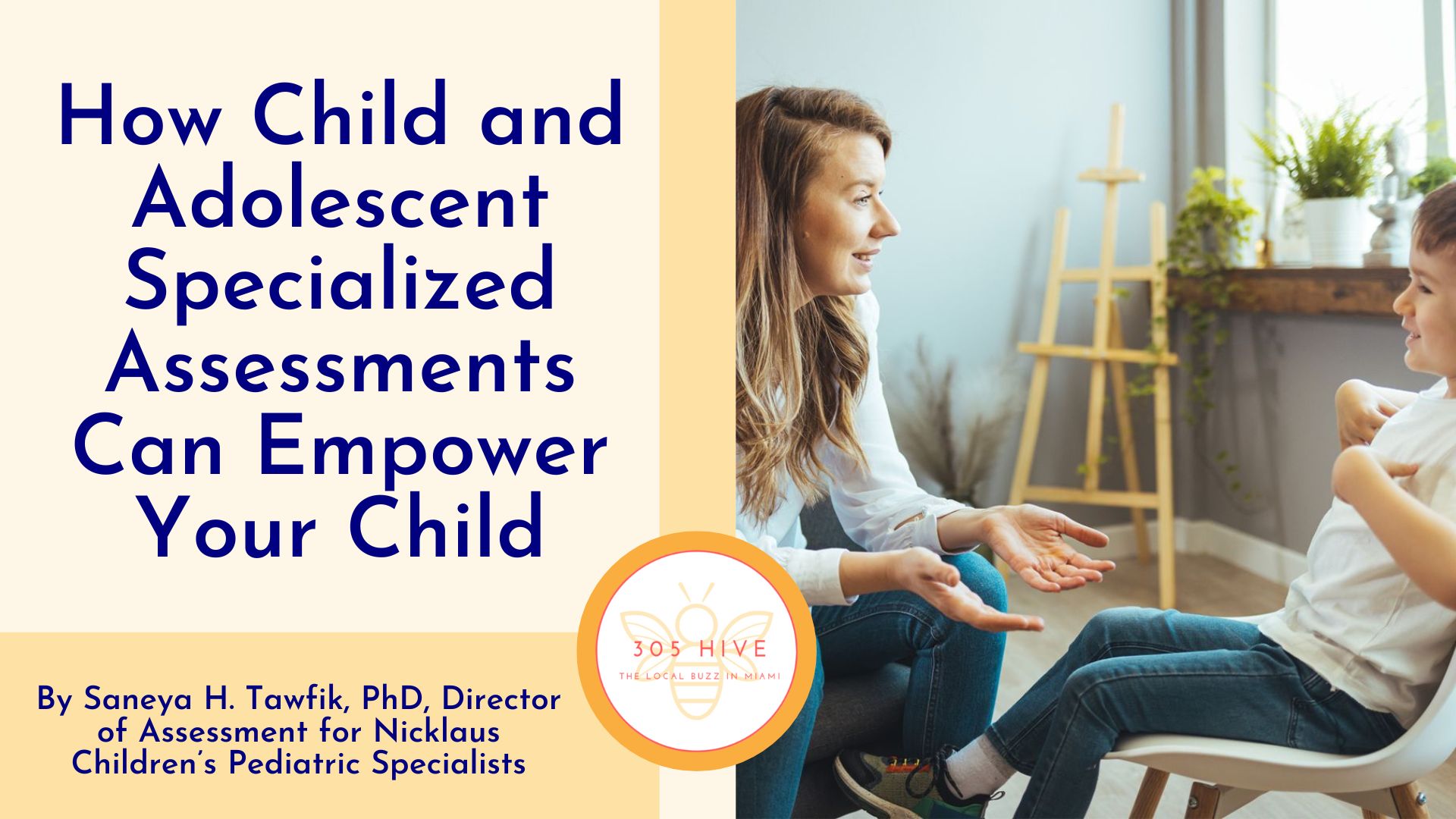When you have a child with a learning disability, you know just how challenging it can be at times. Inside, you know that your child is every bit as smart and capable as their peers in the classroom. But all too often, these children are perceived as being unmotivated, lazy, or unintelligent, rather than being identified as coping with a treatable medical condition.
According to a report compiled by the National Center for Learning Disabilities (NCLD) in 2017, kids with learning disabilities are more likely to get suspended, repeat a grade or even drop out of school if they are not provided with the right emotional and academic support in a timely manner. What’s more, they may go on to have problems later in life, too, if their condition is not properly treated.
Heightened by the Pandemic
When the NCLD first compiled the report mentioned above, it used data from the 2015-2016 school year. At the time, they found that one out of every five children dealt with some form of learning disability. Unfortunately, the recent COVID-19 pandemic has led to a myriad of additional complications for children with learning disabilities. Simply put, children with learning disabilities need more support now than ever before.
According to Education Week, all children struggled with the remote learning that occurred in the aftermath of the pandemic, but it was especially challenging for children with learning disabilities. Overall, students with learning disabilities saw a sharper decline in test scores during the pandemic than their peers, as well as declining graduation rates in many states around the nation.
Education Week also notes that the pandemic made it more difficult to identify students with learning disabilities and get them the help that they need. Most of this difficulty was due to the prevalence of remote learning and frequent quarantines, which limited teachers’ opportunity to have one-on-one time with students and more closely assess their skills and abilities at basic daily functions. Other than parents, teachers are the primary individuals who frequently first identify a learning disability in a child.
What’s more, the Learning Disabilities Association of America (LDA) says that children with learning disabilities were more likely to experience heightened anxiety and stress during the pandemic, further interfering with their ability to learn effectively. They referred to this phenomenon as a “snowball effect,” where the heightened stress and anxiety led to poorer academic performance, which created more anxiety, and so on, in a vicious cycle. Finally, research in the British Medical Journal concluded that people with learning disabilities were particularly vulnerable during the COVID-19 pandemic and “must be prioritized and protected.”
Start with an Assessment
If you’re concerned that your child may have a learning disability — or has one and may need additional support — there are diagnostic tools available to help. Nicklaus Children’s Pediatric Specialists (NCPS) offers timely, fee-based Child and Adolescent Specialized Assessments (CASA), which are comprehensive evaluations of a child’s intellectual and academic abilities. These assessments help parents, teachers and other professionals in the child’s life gain an understanding of their capabilities and what may be causing their struggle to learn effectively. The assessments can help identify academic, social, behavioral and emotional factors that can affect performance in the classroom.
The CASA evaluation process is a highly rigorous and refined assessment process. It usually takes several hours to complete, but the sessions are divided up over several days to create a relaxed setting and put your child at ease throughout the assessment. In addition to the evaluation of your child’s intellectual and academic abilities, their full developmental, medical, psychiatric, behavioral, emotional and social history are taken into account as part of the evaluation.
Helping with Diagnosis
The CASA evaluation is a critical first step for children and their families as they strive to diagnose and successfully treat a learning disability. The testing is helpful in identifying the following conditions or contributing factors in your child:
• Anxiety disorders
• Attention-deficit/hyperactivity disorder (ADHD)
• Autism
• Depressive disorders
• Dyslexia/reading disorders
• Communication/language disorders
• Neurodevelopmental delays
• Dysgraphia/writing disorders
• Social-pragmatic concerns
Providing Needed Support
Once the CASA testing process is complete, that is just the beginning of you and your child’s journey in addressing their academic and emotional needs. Based on the testing results, a comprehensive written report is provided that includes findings and recommendations for supporting the well-being of your child moving forward.
Specific treatment recommendations, remediation and/or accommodations are provided as part of the CASA process to provide your child with the educational and emotional support that they need. The findings of the report can also be shared with relevant primary care providers, teachers, tutors, school leaders and other relevant individuals. The goal is to create the best possible learning environment for your child to help them reach their full potential.




